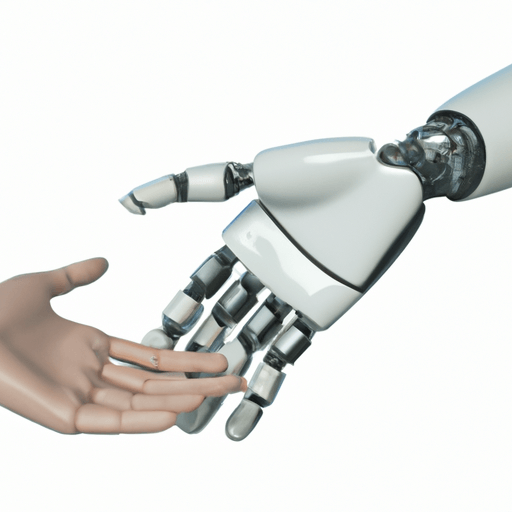How Artificial Intelligence (AI) is Changing the Future of Business
Artificial Intelligence (AI) is revolutionizing the way businesses operate and deliver products and services. AI has the potential to drastically change the future of business, affecting how companies develop, market, and deliver their products and services. In this article, we’ll explore the ways AI is transforming the business landscape, the advantages and disadvantages of using AI technology, and the potential effects on the future of business. We’ll also discuss the implications of using AI on businesses, from increased efficiency to potential threats to traditional business models.
How AI is Transforming the Business Landscape
AI technology is being used in a wide range of business applications. From customer service and product design to marketing and sales, AI is being used to automate processes and provide insights into customer behavior. AI also helps businesses increase efficiency, reduce costs, and make better decisions. In addition, AI-driven technologies are being used to develop smarter products, with the ability to learn and adapt to customer needs.
AI is also changing the way businesses interact with customers. AI-driven chatbots can provide personalized customer service, while AI-powered virtual assistants can handle complex tasks and provide instant feedback. Furthermore, AI is being used to create personalized experiences for customers, such as targeted marketing and product recommendations.
Advantages and Disadvantages of Using AI Technology
AI has many advantages for businesses, including increased efficiency, cost savings, and better decision-making. AI can also be used to automate mundane tasks, freeing up employees to focus on more important tasks. Additionally, AI can provide insights into customer behavior, allowing businesses to better understand their customers and create more personalized experiences.
However, AI also presents some potential disadvantages. AI-driven technologies can be costly to implement, and there’s always the risk of errors or malfunctions. Additionally, AI can be used to manipulate or exploit customers, and there are ethical concerns surrounding the use of AI in business. Finally, AI can potentially threaten traditional business models, as AI-driven businesses can quickly become more efficient and successful than traditional businesses.
Examples of Businesses Using AI
Many businesses are already using AI to improve their products and services. Retail giants such as Amazon are utilizing AI to create personalized product recommendations and provide better customer service. Automakers like Tesla are using AI to create smarter, self-driving cars. AI is also being used in healthcare, finance, and many other industries to improve efficiency and decision-making.
Implications of AI for Businesses
The use of AI in business has both positive and negative implications. On the positive side, AI can increase efficiency and reduce costs, allowing businesses to better compete with larger rivals. AI can also provide insights into customer behavior, allowing businesses to better understand their customers and create more personalized experiences. On the negative side, AI can be used to manipulate or exploit customers, and there are ethical concerns surrounding the use of AI in business. Additionally, AI can potentially threaten traditional business models, as AI-driven businesses can quickly become more efficient and successful than traditional businesses.
Ultimately, the use of AI in business is a double-edged sword. It can provide businesses with many advantages, but there are also potential risks and ethical concerns. It is important for businesses to consider the implications of using AI before implementing it in their operations.
















Comments
Leave a Comment